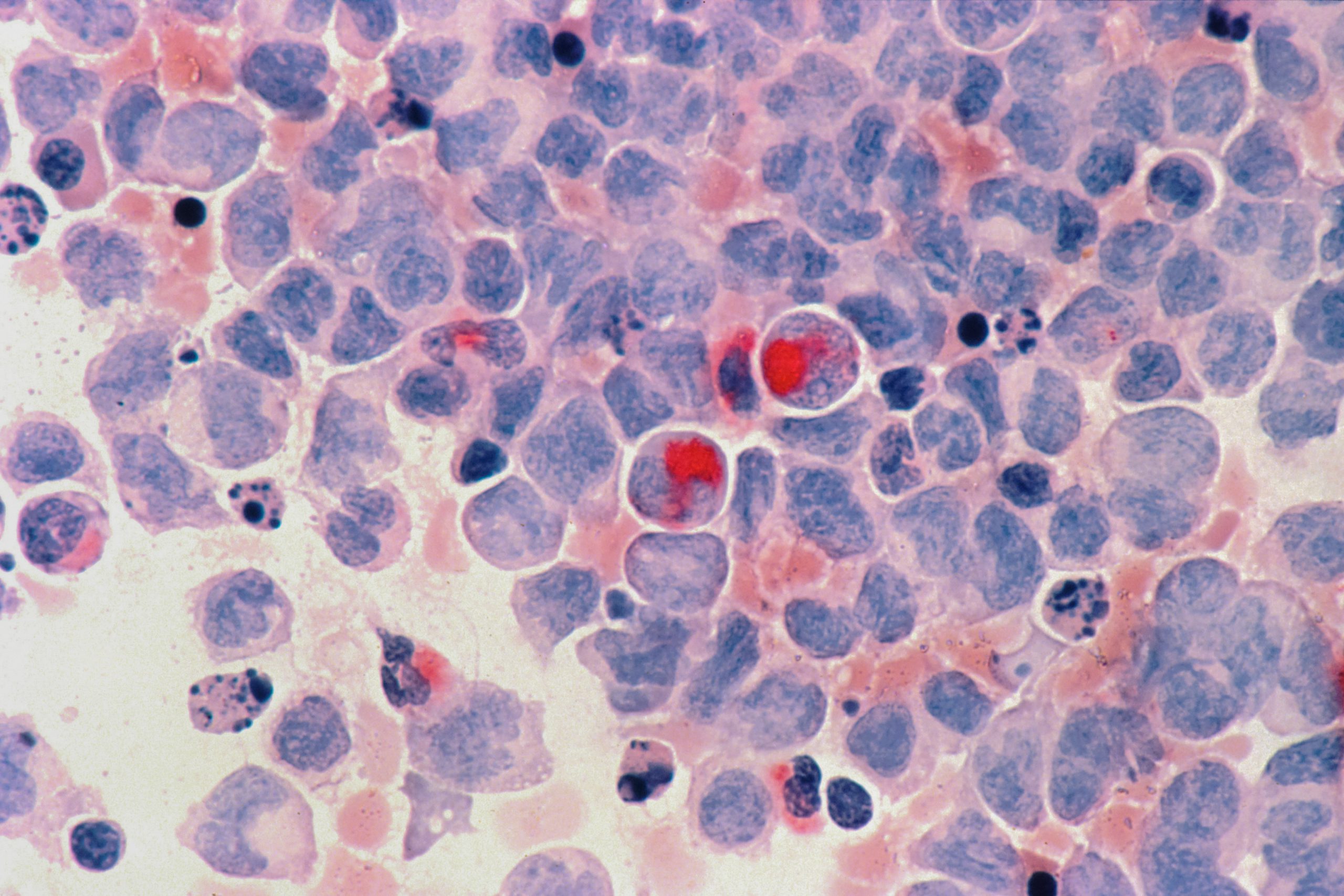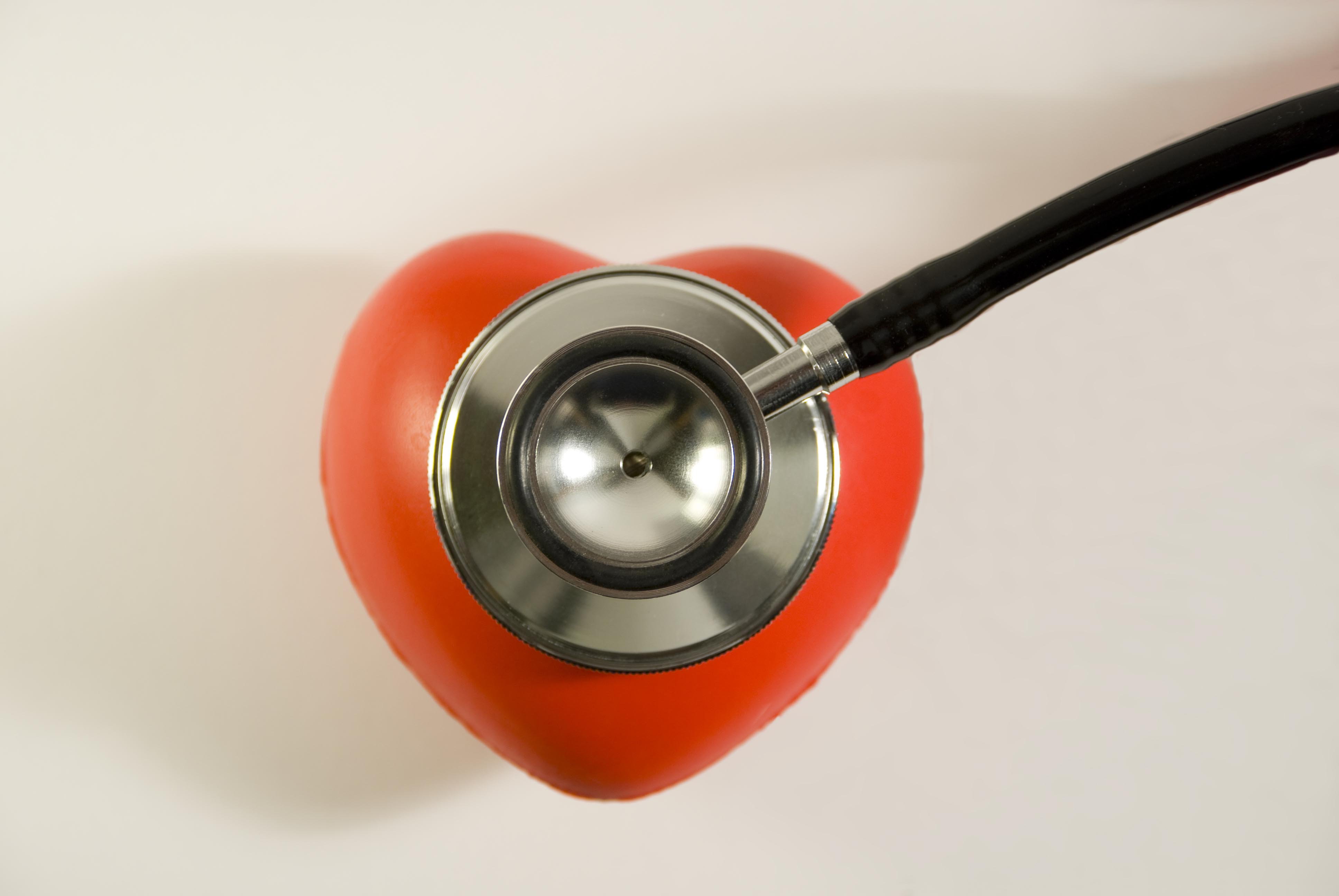Last Updated on September 26, 2022
September is National Blood Cancer Awareness Month, also known as Leukemia and Lymphoma Awareness Month. Leukemia and lymphoma are types of cancer that can affect the bone marrow, blood cells, lymph nodes and other parts of the lymphatic system.
Someone in the U.S. is diagnosed with blood cancer every three minutes, with someone dying as a result every nine minutes. An estimated combined total of 186,400 people in the United States were diagnosed with leukemia or lymphoma in 2021, leading to an estimated 57,750 deaths last year.
There are multiple types of leukemia, some more common than others.
- Acute lymphoblastic leukemia (ALL) affects bone marrow and blood and has several subtypes that affect the type of treatment and likely outcomes, though will progress quickly if left untreated
- Acute myeloid leukemia (AML) affects cells that are not fully developed limiting their ability to carry out their normal functions, and can be difficult to treat
- Chronic lymphocytic leukemia (CLL) and chronic myeloid leukemia (CML) are both manageable and mostly curable forms of leukemia.
- Rarer forms of leukemia include hairy cell leukemia (HCL), chronic myelomonocytic leukemia (CMML), and large granular lymphocytic (LGL) leukemia.
There are two types of lymphoma: Hodgkin and Non-Hodgkin. Hodgkin Lymphoma (HL) is cancer that affects the lymphatic system which is part of the body’s immune system, and is one of the most curable forms of cancer. Non-Hodgkin Lymphoma (NHL) is a type of cancer that generally develops in the lymph nodes and lymphatic tissue found in organs such as the stomach, intestines or skin. In some cases, NHL involves bone marrow and blood. Non-Hodgkin lymphoma isn’t just one disease — it’s a diverse group of blood cancers that all arise from lymphocytes (white blood cells that are part of the immune system).
COVID-19 poses significant risk to blood cancer patients, especially those who have undergone bone marrow transplants. A study from the Leukemia & Lymphoma Society found 25% of blood cancer patients fail to produce detectable antibodies from the COVID-19 vaccine, but results vary substantially by type of blood cancer. A third vaccine dose has been shown to provide antibodies for 43% of those who were unable to produce them on the 2-dose schedule. The FDA has also granted emergency use of Evushield, a long-acting antibody pre-exposure prevention, for high-risk groups including those with blood cancer. However, many recovering blood cancer patients are still living in isolated and vulnerable conditions while COVID continues to be disabling, debilitating, and deadly for even healthy individuals. The best way to protect loved ones who lack an immune response from the COVID-19 vaccines is to be vaccinated yourself (and receive appropriate boosters) and limit exposure to unvaccinated/unmasked groups.
NeedyMeds has a Diagnosis Information Page for leukemia and lymphoma, featuring lists of commonly prescribed medications and links to resources. The NeedyMeds website also features databases of Patient Assistance Programs (PAPs), Diagnosis-Based Assistance (DBAs), Free/Low-cost/Sliding-scale Clinics, and resources for those affected by COVID-19 for those in need. The NeedyMeds Drug Discount Card can save patients up to 80% off the cash price of prescription medications for those without insurance or choose to use the card instead of insurance. In addition to the plastic card, the card is available in a printable form or a smartphone app for Apple and Android devices. For more help finding information, call our toll-free helpline at 1-800-503-6897.



